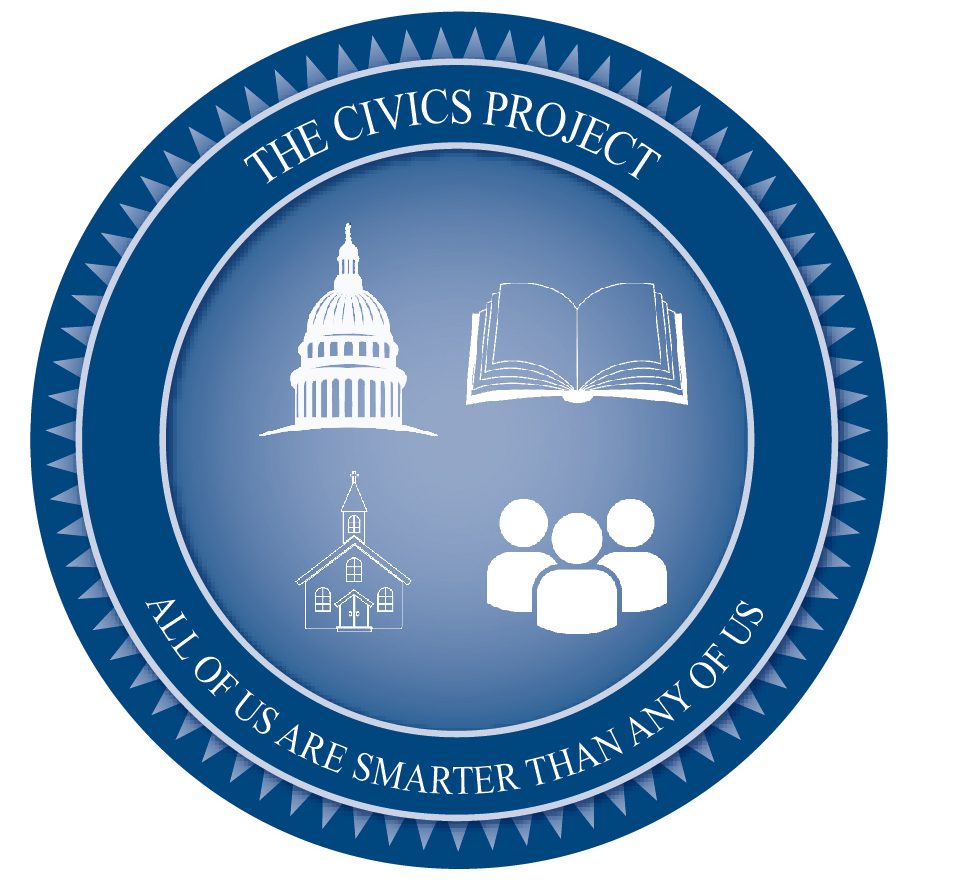I field a lot of calls because of this series of articles. Mostly from people I’ve never spoken to before. One afternoon last week, after thirty minutes on the phone – thirty minutes of harsh analysis, sometimes outright disgust, always backed by facts and a lifetime of experience, I said to the caller “so, it’s useless then? There’s nothing we can do to advance Niagara Falls?” The caller said “oh god no. We can’t quit. We can’t stop. Otherwise we’ll be nowhere”. Criticism is passion and it’s hard to keep passion in perspective. It comes from from people who care. They are not indifferent, and we can build on that. I mistook this guy’s tone of voice as a negative when it was the exact opposite. We can’t afford to make that mistake.
I was lucky enough to be talking to Joe Cale that day. Joe was a barber for 58 years in the heart of Niagara Falls. He had a shop on 15th and Pine until it burned, then he moved to 19th street between Pine & Walnut. You probably got your hair cut by him at one time or another. I was left thinking that we don’t give out enough honorary degrees at University. Because Joe had a better grasp of economics and civics than almost anyone I’ve come across. Truly all of us are smarter than any of us.
“Niagara Falls had a great run from 1900 to about the 1970’s. Through nobody’s fault, the Shoelkophff power plant fell into the gorge and the EPA was created to tell us how polluted everything was. The State took over our power generation and it was cheaper for companies to close their plants here, run away from the waste they caused, and reopen somewhere else with a fresh start. It wasn’t personal. It just happened”. Yes, it just happened. I’d never heard it so matter of factly stated. Not everything makes you a victim. It’s how you see it and react to it. Joe doesn’t play the victim card. He also doesn’t see that we’ve addressed the things we can control.
“What we’ve needed is a true professional and tested city manager. We elect local people as politicians which is fine, but then what? They don’t have the training or experience to turn around a city economy. They’re politicians. So we’ve failed ourselves by not bringing in professionals.” Joe clearly separates physical disasters from those under our control. One of the great municipal and civic debates is the residency requirement. Employees of the city must be residents of the city. He wasn’t done. “The politicians have rhinoceros skin. You can’t get through to them. They are impervious to criticism.” And the budget? “The city council absolutely needs to take away health benefits for themselves. It’s a part time job and nobody gets that kind of a benefit for a part time job. They could hire at least one full time policeman with the money saved by taking away their own healthcare. Step up, show leadership, and save some important jobs”. He also mentioned the control board. “It’s tough medicine, but our spending is unsustainable. The city should consider bankruptcy, a fresh start, and rebuild.”
What about the Seneca’s? I keep looking for people who might know the Seneca Nation and have insights into whether they are partners in the city or merely neighbors. “The Casino is very nice, and they have built something that provides about 2,500 jobs to the city economy. That’s to be lauded. For some perspective, balance that against 40,000 industrial jobs back in the day of manufacturing in Niagara Falls. Those companies were also civic minded. When the city needed something like the Festival of Lights the companies were there to help. The Seneca’s are a positive, but we need to keep that in perspective. It hasn’t replaced what the city once had”.
Since Joe was operating a business in the heart of Niagara Falls in the 60’s and 70’s, when Niagara Falls was home to the most famous mafia kingpin in the United States, I couldn’t resist asking about the one thing almost everyone says to me: Niagara Falls was better when the mob ran things. “That’s completely false. The mob came here because Niagara Falls held such promise. Because it was a place they could make money. They were eradicated or left for the same reasons (lack of money). When Niagara Falls is a place to make money again then businesses will flock here. Not the mob, but businesses.” That description was the most accurate and logical I’d heard on that topic. The mob came because there was money and opportunity – they didn’t create the money or opportunity. Nobody else had put it that clearly.
Realizing industrial jobs are not returning, Joe wasn’t deterred about revenue prospects. “We need to realize tourism is the cake, not the frosting. It’s a foundational economic engine for the city.”
We need to cherish criticism. Nothing is perfect, so long as we’re striving for something better, everyone needs to have their ideas heard. This very newspaper ran an editorial on Wednesday of this week which criticized those that “only see the dark side” of the city. Wanting to build something better doesn’t mean people don’t appreciate what they have. Those are two very different things.
We all have a say in civics. We all have valuable insights, and come from different places, even if we live on the same block. How we live in the society we create is a direct reflection of our ability to work together.
The Civics takeaway: We need to keep passion in perspective. If we ask someone’s opinion we have to accept their response. People are trying to help. Businesses that ignore customer feedback suffer accordingly.
